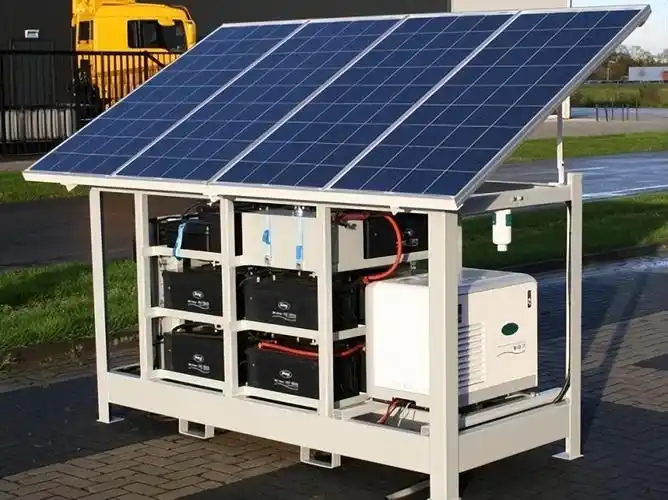Solar Inverter vs Normal Inverter: Which is Best for Your Home?

Both solar and normal inverters convert electricity from one form to another, but they are designed for different purposes and have distinct features. A solar inverter is specifically tailored for solar power systems, while a normal inverter works with batteries or the main power grid. The choice between the two depends on your specific needs.
If you're planning to use solar panels to power your home, a solar inverter is essential. However, if you just need backup power during outages, a normal inverter may suffice. Understanding the differences can help you make the best choice for your situation.
What is a Solar Inverter?
Solar inverters are critical components of solar power systems. They convert the DC electricity generated by solar panels into AC electricity, which can be used in your home or business.
Key Functions of Solar Inverters:
- DC to AC Conversion: Translates solar energy into usable power.
- Performance Monitoring: Tracks system efficiency and detects issues.
- Safety: Ensures the system operates safely.
- Energy Optimization: Maximizes energy output from solar panels.
Solar inverters also facilitate the connection between your solar system and the power grid, allowing you to send excess power back to the grid.
Types of Solar Inverters:
- String Inverters: Connect a series of solar panels together.
- Microinverters: Attach to each panel, ideal for shaded environments.
- Power Optimizers: Work with string inverters to enhance individual panel output.
- Hybrid Inverters: Combine with batteries to store surplus power.
What is a Normal Inverter?
Normal inverters convert DC power from batteries into AC power, commonly used for providing backup power during outages or in off-grid situations.
Key Functions of Normal Inverters:
- DC to AC Conversion: Makes battery power usable for household appliances.
- Backup Power: Provides electricity during power outages.
Common Uses:
- Homes: Powers essential appliances during blackouts.
- Vehicles: Supplies AC power for household devices on the go.
- Boats and RVs: Provides off-shore power.
- Backup Systems: Keeps critical devices running during outages.
Types of Normal Inverters:
- Modified Sine Wave Inverters: Cost-effective, suitable for basic devices.
- Pure Sine Wave Inverters: Offers cleaner power for sensitive electronics.
- Square Wave Inverters: Simple but less common.
Key Differences Between Solar and Normal Inverters
-
Functionality:
- Solar Inverters: Convert solar panel DC to AC for immediate use and grid integration.
- Normal Inverters: Convert battery DC to AC during power outages.
-
Efficiency:
- Solar inverters are typically more efficient, converting up to 98% of DC to AC.
- Normal inverters usually offer 90-95% efficiency.
-
Cost:
- Solar inverters have a higher initial cost but can lead to long-term savings.
- Normal inverters are more affordable upfront.
-
Installation:
- Solar inverters require professional installation due to their complexity.
- Normal inverters are simpler to install and can often be set up by the user.
-
Maintenance:
- Solar inverters need minimal maintenance, with occasional cleaning.
- Normal inverters require more attention, particularly for battery maintenance.
Choosing the Right Inverter for Your Needs
Consider your energy needs, budget, and setup when selecting an inverter.
Solar Inverters Are Best If:
- You have solar panels.
- You want to reduce long-term energy costs.
- You live in a sunny area and aim to maximize solar output.
Normal Inverters Are Suitable If:
- You need backup power for outages.
- You don't have solar panels.
- You require temporary power for RVs, boats, or remote locations.
By evaluating your specific requirements and circumstances, you can choose the inverter that best meets your home energy needs.
Edit by paco


